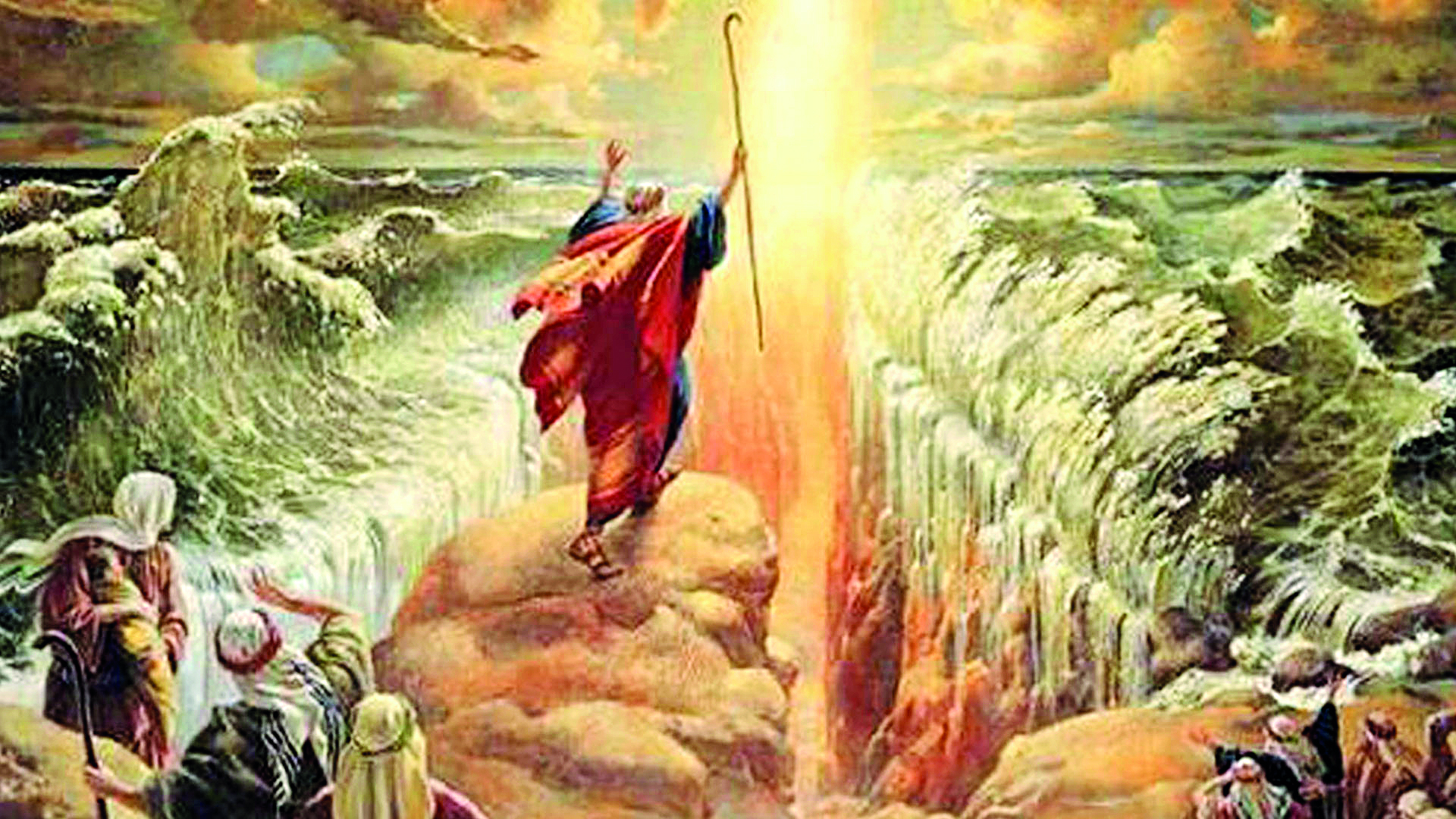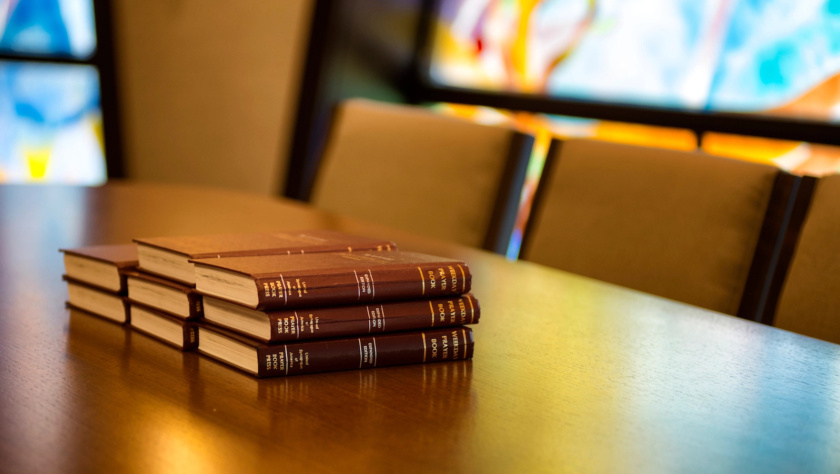Pesach is the holiday of freedom. We celebrate how our ancestors were once slaves in Egypt, and how God redeemed us with an out-stretched Arm and brought us to freedom. And if God hadn’t redeemed us, we would still be slaves today.
But is it really?
After all, what is this “freedom?” After all, in only a few months, we will celebrate Shavuot and the receiving of the Torah, with all of its rules and regulations. As Jews, we are told how to eat, how to dress, when we can and can’t work, how we can treat others, where our money should go, how to act. This is freedom? Our tradition even states that the transition from the beginning to the end of the Book of Shemot is characterized as “Me-Avdut Paroh Le-Avdut Hashem”, which can be translated as “from the slavery of Pharaoh to the slavery of God.” So where does this idea of freedom come from?
From the rabbis. The rabbis envision the Seder as a celebration of our freedom. This is apparent both in the text of the Hagaddah and from the rules governing the Seder. In the Maggid section, close to the end, we recite the following Paragraph:
Therefore we are obligated to thank, praise, laud, glorify, exalt, lavish, bless, raise high, and
acclaim He who made all these miracles for our ancestors and for us: He brought us out from slavery to freedom, from sorrow to joy, from mourning to festival, from darkness to great light, and from servitude to redemption. And let us say a new song before Him, Halleluyah!
We give thanks to God for having brought us to free-dom. And our actions during the Seder are supposed to show it. We recline as free people, as opposed to sitting or standing as slaves. There were types of wine to drink in the Talmud, and if one drank a different kind, they might fulfill the obligation to drink wine, but not the obligation to express their freedom! It was important to the rabbis that we express our sense of freedom. It was important to the rabbis that we express our sense of freedom.
Even the Torah itself, which is filled with laws, rules, and requirements, is considered freeing in the eyes of the rabbis. As they say in Pirkei Avot:
And it says, “And the tablets were the work of God, and the writing was the writing of God, graven upon the tablets” (Exodus 32:16). Read not haruth [‘graven’] but heruth [‘freedom’]. For there is no free person but one that occupies themselves with the study of the Torah. And whoever regularly occupies himself with the study of the Torah he is surely exalted…
Studying Torah makes one free. Studying all of the commandments makes one free.
So clearly, the Rabbis understood the Exodus from Egypt as a moment of freedom, and even the receiving of the Torah as a moment of freedom. And it is clear, even in the Torah, that Avdut Hashem, service of God, is not mere slavery. So perhaps we need to redefine freedom.
Freedom is not anarchy. It is not the right of everyone to do as they want, say what they want, without any consequences. It is not a freedom from. Rather, freedom is a responsibility. It is freedom to. Freedom to serve God, freedom to build a family and community, freedom to help the world. Freedom is our autonomy, our ability to make mistakes and to fix them. Freedom to ask for forgiveness and to receive it. And freedom to ensure that our community is happy, healthy, and safe.
As we sit around our Seder tables this year, and we celebrate our freedom, we must remember what our freedom is for. As our rabbis say, learning Torah makes us free. And so too does helping each other, caring for our community, and making our world better, bit by bit.
Chag Sameach.


